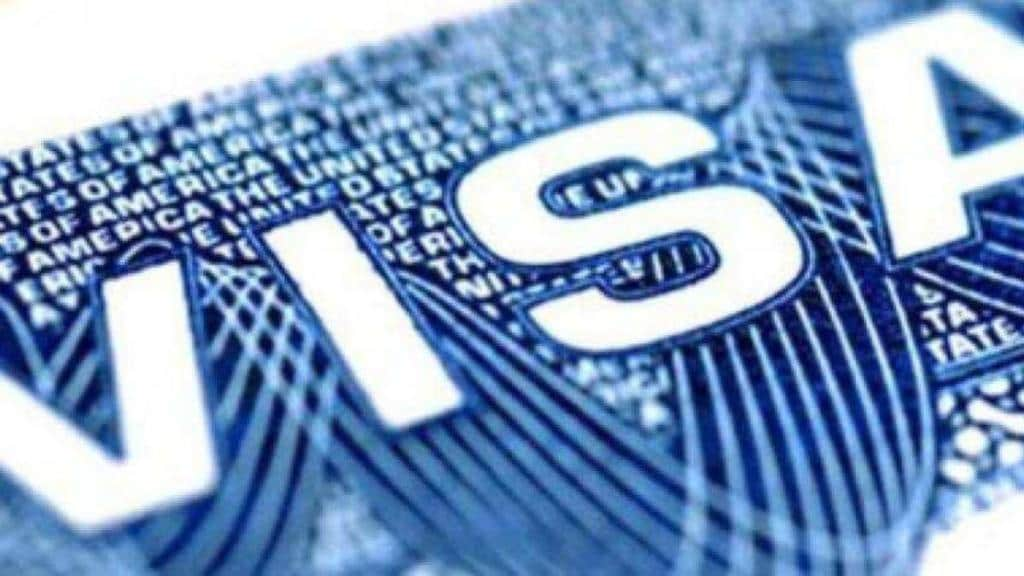The anticipated changes to the H-1B visa programme under US President Donald Trump’s administration, including proposals to raise wage thresholds and introduce additional fees, are unlikely to have a significant impact on Indian IT companies. Over the years, Indian IT firms have adapted to evolving visa norms by hiring more local talent, reducing dependency on H-1B visas, and expanding their global workforce strategies.
“IT companies have reduced reliance on H-1B visas since the rules were changed during Trump’s first term; they have hired local talents. So even if there’s an impact, it will be minimal,” TV Mohandas Pai, former CFO of Infosys said.
During a recent White House press conference, Trump expressed his stance on the H-1B visa programme, emphasising the importance of admitting competent professionals to the US. “I like both sides of the argument, but I also like very competent people coming into our country, even if that involves them training and helping others. We want competent people coming into our country,” he stated.
Trump also cited personal experience with the programme, referencing its use in a variety of roles ranging from engineers to hospitality professionals.
Indian IT giants such as Infosys, HCLTech, and Wipro have consistently reduced their reliance on H-1B visas by hiring locally in the US and optimising their visa inventories.
At a recent earnings conference, HCLTech management highlighted that 80% of their US workforce comprises local hires, reducing their annual H-1B visa requirement to between 500 and 1,000 – a figure among the lowest in the industry. Similarly, Wipro talked about local hiring efforts and efficient H-1B inventory management.
“In terms of H-1B, we’ve been investing in hiring locally in the US. Today, a significant portion of our employee base there is local. We also maintain a good inventory of H-1B visas to meet demand as it arises,” said Wipro management.
Infosys also echoed this approach, highlighting reduced onsite deployment and a growing focus on nearshore capabilities. “Our onsite mix has dropped significantly from 30% to 24% over the years, and our nearshore capabilities have increased,” the company said.
Proposed changes to the H-1B visa programme include raising the minimum salary requirement from $60,000 to $120,000 or higher, potentially affecting entry- and mid-level professionals. However, industry leaders believe this aligns with the sector’s ongoing shift toward hiring local talent and investing in upskilling.
To adapt to evolving regulations, Indian IT companies have established nearshore delivery centres in the Americas and Europe. These centres enable firms to deliver services closer to clients while reducing reliance on H-1B visas. Additionally, the rise of remote work has allowed companies to optimise resource allocation without compromising service delivery.
The H-1B visa programme allows US companies to hire foreign professionals in specialised fields requiring expertise, such as technology, engineering, and healthcare. Annually, the US issues 65,000 H-1B visas, with an additional 20,000 reserved for advanced degree holders from US universities.
Indian IT firms are among the largest beneficiaries of this programme. Between 2016 and 2024 (as of September 30), Tata Consultancy Services (TCS) received 86,006 H-1B approvals, followed by Infosys (80,531) and Cognizant (70,516). Wipro and Accenture received 33,149 and 32,380 visas, respectively, during this period, according to US Citizenship and Immigration Services (USCIS).


